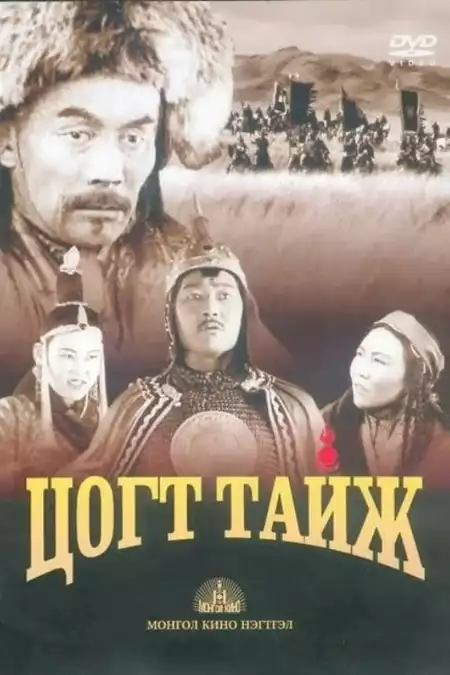Biography
(No Information)
Filmography
all 1
Movies 1
Writer 1
Information
Known ForWriting
GenderMale
Birthday1905-12-25
Deathday1977-03-04 (71 years old)
Birth PlaceAltanbulag, Mongolia
ChildrenRinchen Barsbold
CitizenshipsMongolia
AwardsPolish Cultural Merit Order
This article uses material from Wikipedia.
Last updated:
 B. Renchin
B. Renchin- Filmography
- Information
